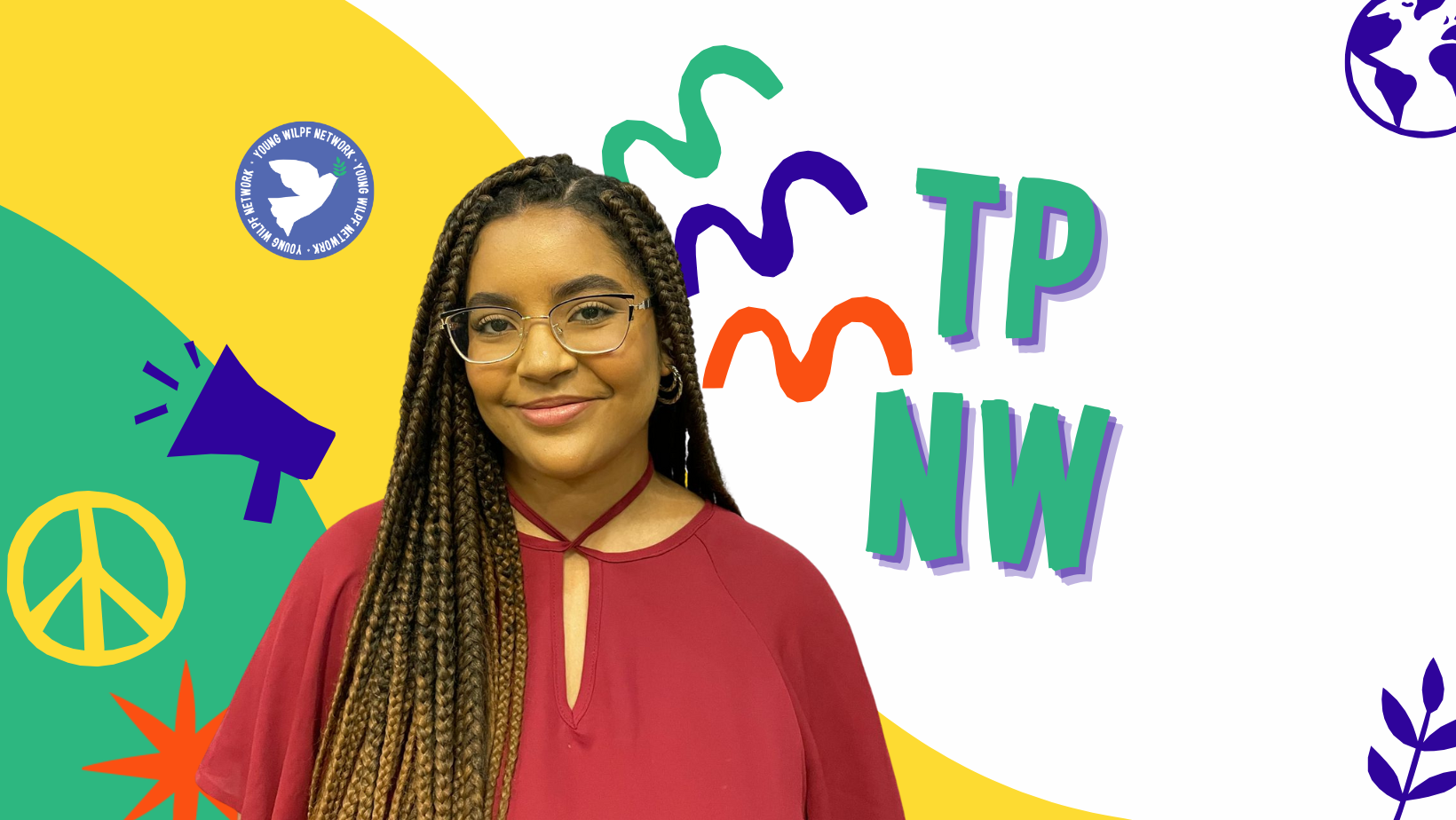How was your experience at the Third Meeting of States Parties of the TPNW?
It was a very interesting and enriching experience. Although I had attended discussions on treaties before, this one was particularly different. In the first sessions, there were no active negotiations, only expert panels. Discussions on the Treaty articles started in the third session, and not all States spoke. That was revealing. It’s something that often happens in disarmament conferences: due to the absence of nuclear weapon States, it is harder to move forward with implementation.
Still, the energy and determination of civil society were palpable. Many important side events deepened my knowledge and made me think about the next steps in activism. Meeting incredible people, including members of WILPF, Reaching Critical Will and other activists, made the experience even more meaningful. Being alongside people who share the same hope and goal always gives you more strength.
What lessons did you take from this experience?
One of the main lessons I learned is the importance of persistence and strategic advocacy. Changes in international law and disarmament takes time, but coordinated civil society efforts do make a difference. Still, while activism is powerful, we must also think strategically about how to influence the mindset of States that believe nuclear weapons are essential for their progress and security.
I also learned that including diverse voices,especially from the Global South, Indigenous communities, and young people, is crucial for building a truly just and inclusive peace. This experience reminded me that while some may feel immune or distant, there are entire populations whose lives are shaped by the violence and threat of these inhumane weapons. The impact of nuclear weapons is not just about mass destruction but also about the generational scars they leave on already vulnerable communities. When we choose to ignore this impact, we perpetuate a narrative of indifference. But when we come together, we reaffirm the value of life as an irrevocable principle for all.
What is it like to be an activist for nuclear disarmament today?
Being a nuclear disarmament activist today is a mix of frustration and hope. On one hand, we face significant resistance from the nuclear-armed States and a global system still heavily reliant on militarism. On the other hand, the existence of the TPNW and the momentum it is gaining proves that a different future is possible. It’s a daily act of resistance, education, and collective care.
It’s challenging but necessary. It often feels like pushing against powerful interests and deeply embedded beliefs in militarism and deterrence. At the same time, it’s also deeply rewarding—we’re building communities, creating knowledge, and showing that another path is possible. Even when formal spaces feel stagnant, the side-events, personal connections, and grassroots work remind us that this movement is alive and evolving.
In your opinion, what are the difficulties faced by young activists in disarmament?
There are many. Just to name a few, limited access to decision-making spaces and lack of funding are big obstacles, and often the perception is that youth don’t “know enough” to influence high-level debates. But also, the emotional weight—witnessing how slow progress can be, especially when nuclear-armed States refuse to engage. Still, we continue to show up, to ask uncomfortable questions, and to make ourselves visible. And that’s a powerful thing.
What is your message for the other Young WILPFers?
Be present, even when it feels like nothing is changing. Every person you connect with, every idea you share, and every panel you attend matter. We are not alone. There’s a whole community out there working for peace, security, disarmament, and feminism. Don’t hesitate to speak up, and don’t underestimate the ripple effects of your voice and actions. We are not just the future, we are already reshaping the present. Keep pushing, keep questioning, and keep dreaming. Together, across borders, we are building a feminist and demilitarised world.
It is a privilege to closely follow the power of civil society to change the course of discussions, bringing not only the voices of those who continue to suffer the consequences of past conflicts but also of those who recognise the urgent need to prevent anyone else from suffering like this. I’m eternally grateful to WILPF for the opportunity to be part of this space, and I hope we keep opening doors for each other.








